Weight loss medications haven’t always been fully embraced by the community. They have sometimes been dubbed as taking “the easy way out”, or not being natural. But whoever you are, whatever method you choose, one thing is consistent: weight loss is not easy. We’re here to provide women with informed options and let you know weight loss medication is a totally valid means to losing weight. That’s why Dr. Bitner and Dr. Egan teamed up to discuss the evidence-based data surrounding different medications on the market right now. (You can watch their episode of Let’s Chat below!)
Dr. Egan is board certified in obesity medicine
Dr. Egan went into obesity medicine as a specialty because simply put, she knew there had to be more to it. If it were as simple as calories in and calories out, everyone would have mastered the science of weight management. Despite having strong willpower and wanting to achieve their goals more than anyone, Dr. Egan watched as dozens of women fell short of succeeding, falling into a pattern of yoyo dieting. Women come to her who have been keeping the same eating patterns, but started to gain weight, and feel like they must be doing something wrong.
It doesn’t have to do with personal faults, but everything with brain and body chemistry; especially for women transitioning into menopause. As estrogen falls during menopause, the brain signals to store belly fat. Medications work to change this signaling. The most prominent issue with obtaining these medications is insurance, so it may require switching to a different plan.
FDA-approved weight loss medications
One recently approved medication that is seeing a lot of success is Wegovy, which mimics one of the hormones that leave us feeling full. Patients find themselves having a more peaceful and controlled relationship with food. It’s more than just a hunger suppressant – it controls cravings. Some experience nausea or digestive issues, but most people don’t have severe side effects.
Qysimia, another weight loss medication, has been FDA approved for 5 years and works on the hypothalamus, the part of our brain that makes decisions. This helps with impulse eating. Some say it changes the tastebuds so that sugar doesn’t taste so sweet. However, it can’t be used on women who are pregnant or plan on becoming pregnant.
Contrave is a medication centered around curbing cravings. It turns down the “volume” on food cravings, so to speak, and makes the once irresistible urges tolerable enough to make better food decisions. It allows them to feel content without a second serving.
Saxenda is another medication Dr. Egan mentioned during the live stream. Researchers found that people who injected Saxenda every day for a year lost an average of 18.5 pounds, compared with an average of 6 pounds for those taking a placebo. Losing just 5 percent of body weight (14 pounds for someone at 280) can have a significant positive effect on the risk for diabetes and heart disease.
Dr. Egan and Dr. Bitner provided five important questions to ask healthcare providers if you are interested in weight loss medications.
- What is your knowledge of weight loss medications?
- What is your knowledge of the insurance logistics for these medications?
- Where can I find a certified obesity medicine physician?
- What is my target weight loss?
- What indicators besides my weight can we measure progress by?
A woman with a BMI of greater than 30 is a candidate for weight loss medications at true., or anyone with a BMI of 27 or higher with medical complications from your weight. It’s evaluated on a case-by-case basis on what will work best for each patient. Since a weight journey is such a personal and individualized process, come on in for a true. Weight Journey consult so we can discuss questions you may have about qualifying for weight loss medications! We would love to help you achieve your goals.




